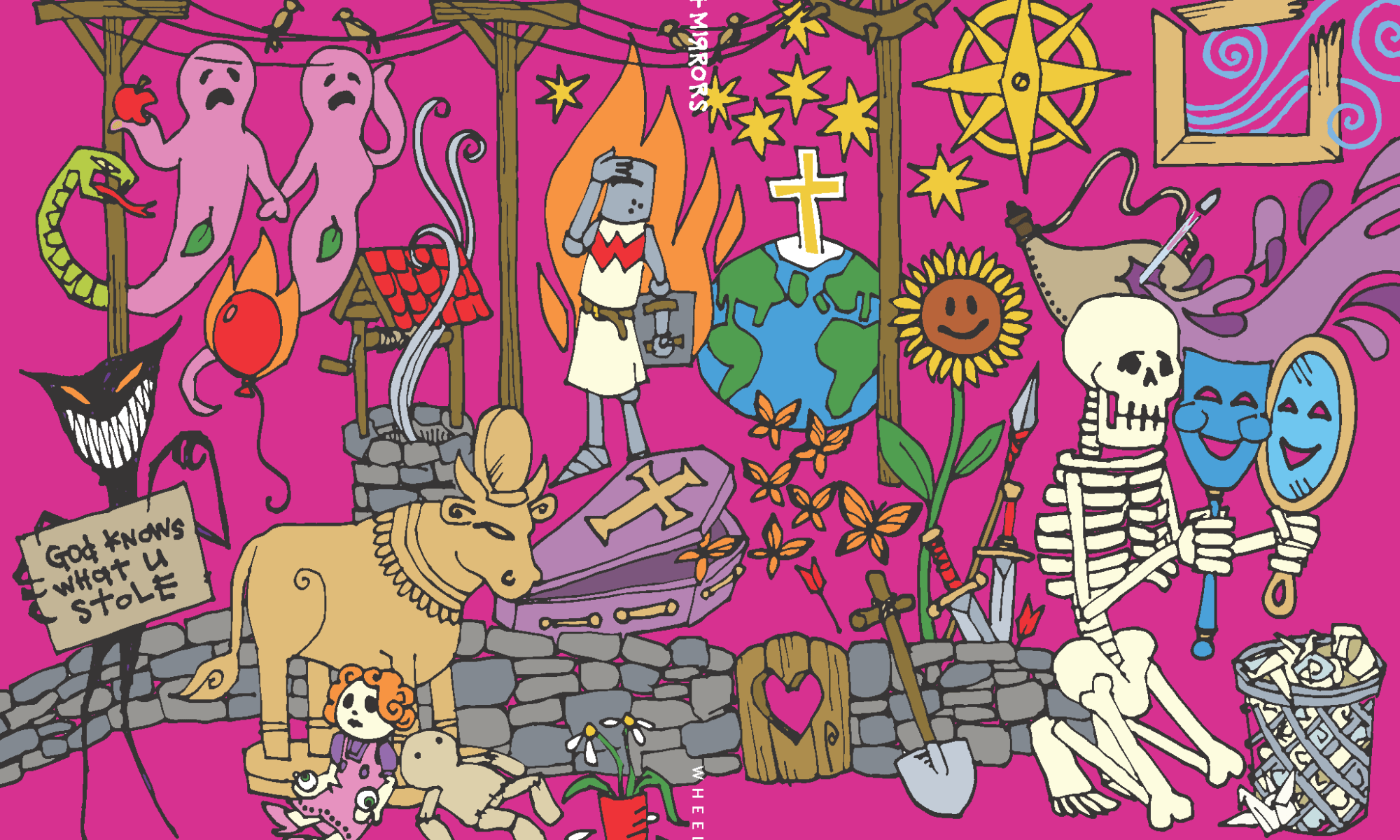
I recently sent in the second draft of my second Candlelight Carols script to my colleagues in Chicago.
I’ve been learning to love “seconds,” the revitalized or “new and improved” version of my initial offerings.
When I first wrote a script for a professional event (2016), I had experience writing stories and scripts, but I understood little about working with the people who actually make them a reality – those enigmatic wonders, actors. Thankfully, my now-good-friend Matthew understood this right away and decided to help me out. The number of times we went through and made changes was incalculable, but the end result was a better script.
I learned rules about stage direction, transitions, best practices, character motivation and development, and relinquishing control. I became a better writer in the process.
workshopping = werkshoppin it
This time, coming around to 2018’s script, Matthew suggested we “workshop” it – a way of saying, let’s get all the issues addressed earlier and mostly at once. He gathered a group of stellar Chicagoland area actors and I hiked on over from Indiana to join them. It was incredible.
I always rewrite my work as part of my process – reading through and picking out the flaws and issues, retooling the story, adjusting word choice, etc. But my eyes are always my eyes, and when you’ve created something (story, song, children, etc.) you are necessarily biased toward that thing or person. Having five actors read through and critique my work was exhilarating, because it showed me my blind spots. The more I write, the more I’m recognizing my need for this, and my need for community input into the process.
And to be honest – it was fun! As long as neither side is holding too tightly to their ideas, workshopping anything is worth it.
Then I went home and let the script age for three weeks. This is just part of my process, best explained this way – whenever you age something, it gets more complex and interesting. Sometimes it starts to stink. But if the core of it is sound it will age well. I needed time away from my story so that when I went back to it, I could see it with fresh eyes. By doing this, combined with a strong record of its triumphs and failings from the actor’s workshop, I was able to pinpoint where it smelled bad and fix the problems.
Now, I expect a couple more drafts, but I do feel confident now that the story is stronger – more potent, shall we say – because of this process, and because there is clarity and strength in a community.
Vitality and friction in community
I’m finding this to be true in daily life, too, not just in my writing. Living with my parents, grandma, and sister on a day to day basis has made me more empathetic and understanding, and has changed me in ways that I didn’t even realize I needed to grow. Living in a community in Indiana that has its own quirks and flaws has developed in us a deeper commitment to the things that really matter, while helping us to let go of the things that really, really don’t.
The last ten years of my life I don’t think I ever would have considered moving back to my parent’s house and my childhood community a good thing – in any sense. I would have deemed it a failure to launch, or a removal of independence, or the loss of an identity. It is none of those things. It’s had its hard points, of course. But we’ve been noticing, over and over, just how RIGHT it is for us. We need a community that challenges us in ways we would never be challenged alone. God made us this way. And the result of it is something better than any of us could produce alone.
It’s not because the people in my community think and talk like me – it’s because they don’t. It’s because they tell me when I do something weird or write something oblique. It’s because they have different values than me, and feel the freedom to share them, and because I’m learning to be okay with that. We’re all sharpening each other in the process, because the process carries the necessary amount of friction.
My writing is better in friction-filled community, and so am I.
A word about Carols…
Friends, the story for Carols this year is about two brothers who end up on opposite sides of World War 1. I’m in love with the characters. I can’t wait for you to meet them. I’ve been researching and writing and editing all summer, let alone workshopping and development with Matthew and the creative team there. I’m so excited about it!
If you want to come and see it live, the performances are on Friday, Nov 30 (8pm) and Saturday, Dec 1 (2pm & 7pm) and you can get tickets starting October 15 here.
